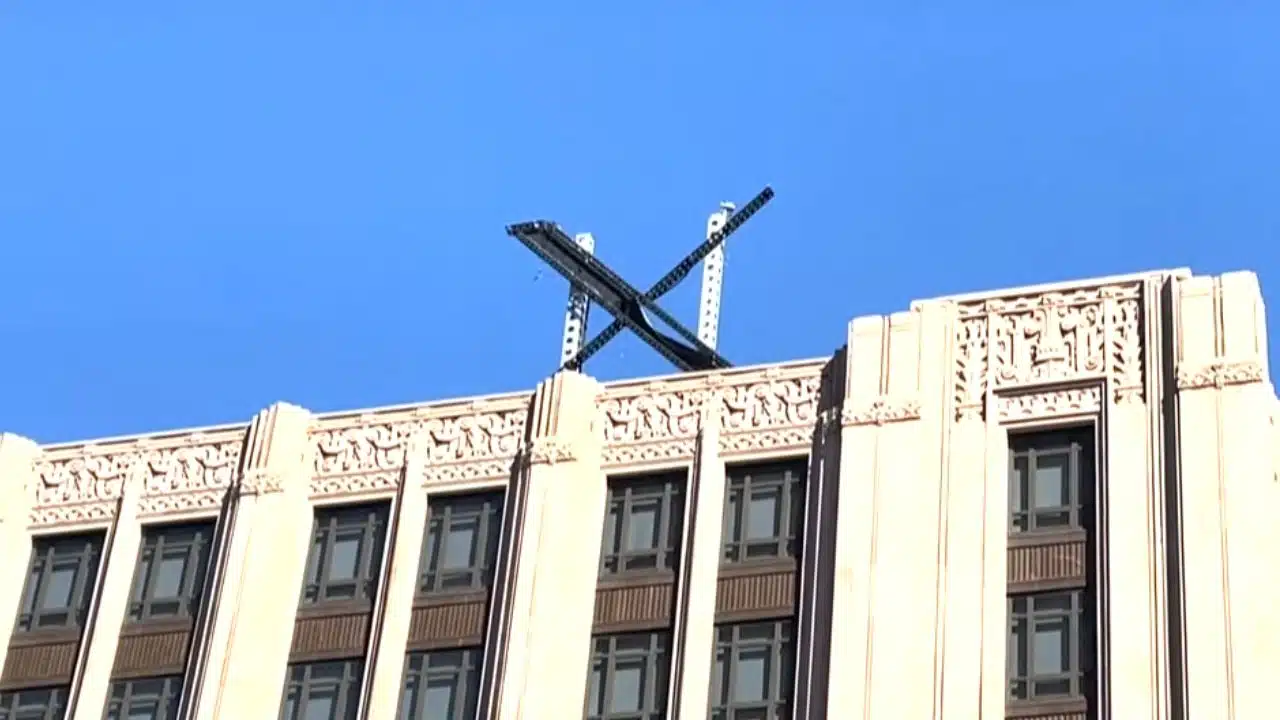Brazil’s Supreme Court has lifted a month-long ban on Elon Musk’s social media platform X (formerly Twitter), following the settlement of millions in fines and compliance with court orders.
The decision comes after a protracted battle between X and the Brazilian judiciary over the platform’s role in spreading disinformation during Brazil’s 2022 election campaign.
The Supreme Court’s Ruling
On Tuesday, Judge Alexandre de Moraes authorized the immediate return of X in Brazil, ordering the country’s communications regulator to restore access to millions of users within 24 hours.
Multiple court orders had blocked the platform since August 31. This included a demand to deactivate accounts promoting disinformation and appoint a new legal representative in Brazil.
“I authorize the immediate return of the activities” of the platform, Moraes said in his ruling, noting that X had fulfilled the requirements set forth by the court. These included the payment of approximately $5.2 million in fines.
A Standoff Over Disinformation
The legal dispute between Brazil’s Supreme Court and X began in the aftermath of Brazil’s 2022 election, where far-right supporters of former President Jair Bolsonaro used social media to spread false information.
Moraes, who played a key role in monitoring the election for the judiciary, criticized the platform for allowing disinformation to spread unchecked, accusing it of undermining democracy.
Elon Musk, who acquired Twitter in 2022 and rebranded it as X, is known for his strong stance on free speech. The billionaire clashed publicly with Moraes, calling him an “evil dictator” and even likening him to the fictional villain “Voldemort” from the Harry Potter series. Musk did not immediately react to the court’s decision to lift the ban.
A Global Debate: Free Speech vs. Corporate Responsibility
The standoff between Musk and Moraes has drawn global attention, as it touches on larger issues of free speech and corporate responsibility in the digital age. Musk, a self-declared “free speech absolutist,” has consistently pushed back against efforts to regulate content on social media platforms.
Moraes, on the other hand, stood firm in his position that allowing the spread of disinformation, especially in a politically charged environment, posed a risk to Brazil’s democratic institutions.
Brazilian President Luiz Inacio Lula da Silva supported Moraes’ actions, emphasizing that the state would not be “intimidated by individuals, companies, or digital platforms that believe themselves to be above the law.”
The Impact on Brazil’s Social Media Landscape
Before the ban, X had 22 million users in Brazil, making it one of the platform’s largest markets in Latin America. With one mobile phone per inhabitant, Brazilians are among the most connected people in the world.
During the ban, many users, including President Lula, migrated to alternative platforms like Threads and Bluesky, but these platforms have yet to attract the same level of engagement.
X briefly returned to Brazil in mid-September, claiming an “inadvertent” technical workaround. However, Moraes threatened further fines for non-compliance, forcing the platform offline again. Now, with the legal issues resolved, Brazil can once again access X.
The lifting of the ban marks the end of a high-profile legal battle that underscored the challenges of regulating disinformation in an era where social media has immense influence over public opinion.
X’s return to Brazil raises questions about how Musk’s platform will handle future legal and regulatory challenges both domestically and globally. The case has set a precedent for the balance between protecting free speech and ensuring accountability for the spread of harmful content.





































